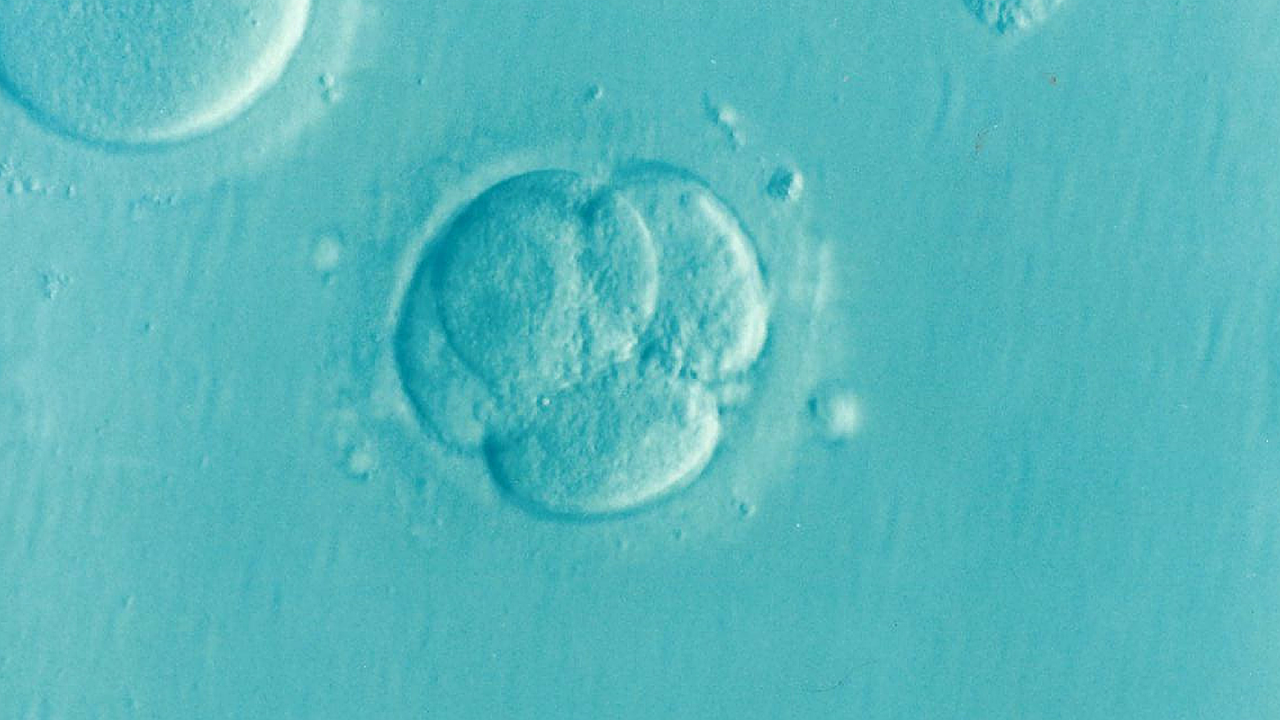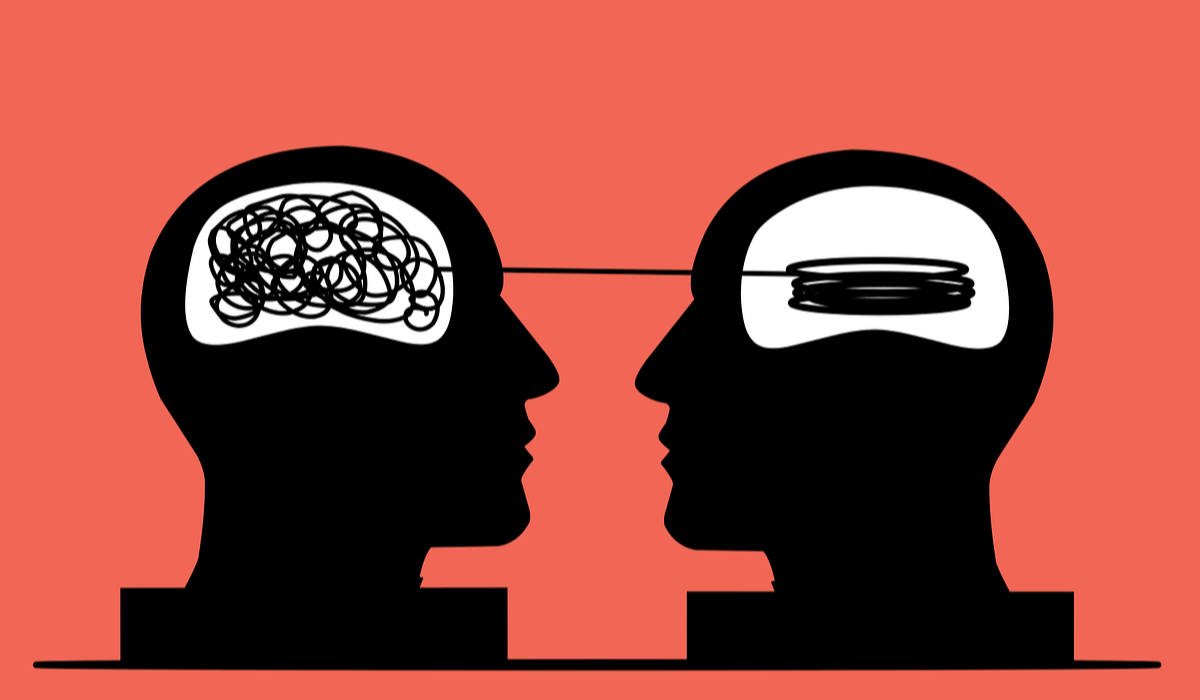Autistic and Pregnant: Part 2
This is the second in a series of blogs looking at Autism in women when they experiences of pregnancy, the first of which focused on the process of...

Surprise, surprise - another autistic women blog for you this month! I'm nothing if not honest when I say that this has been my special interest. And my honesty also shows up (sometimes brutally) when I talk about becoming and being pregnant. Much like my last few blogs, I had always considered these two topics (pregnancy and autism) separately, but lately I have started to see some interesting relationships between the two that I thought it might be worth exploring in a couple of different blogs.
The process of becoming pregnant is so much more complicated than many of us (especially in the abstinence-only part of the country) were led to believe.

And this goes beyond the difficulties of general fertility. For neurodivergent folks, sex has an additional layer or two of difficulty. Many people report struggling with the act of sex in ways that are innately tied to and caused by their neurodivergence, but are often interpreted as problematic and sometimes shameful. Like problems to be solved.
For all humans, the complex interactions of our activating and calming systems (i.e., the sympathetic and parasympathetic nervous systems) can lead to difficulty in helping the body to respond in a way that makes sexual contact possible, let alone comfortable - even when the contact is cognitively/emotionally wanted (for more on this, check out Dr. Emily Nagoski's book Come as You Are). These difficulties are often enhanced and/or more complicated for autists.
Autists frequently describe feeling overwhelmed by the day-to-day demands of functioning in the world. Attempts to appear competent and appropriate (i.e., masking) lead to burn-out and exhaustion, which leaves little room for our systems to be able and willing to engage in sexual activity. There are also differences in the ways that sensory information is processed among autists. Because sensation can be so intensely different for neurodivergent people, many of them report sexual sensory difficulties such as
There's also some preliminary research showing that autistic girls (those raised and socialized as girls) are more likely than allistics to have had negative experiences with sex, leading to trauma, which adds to some of the potential barriers in achieving a pregnancy through penetrative sexual activity.
When we combine all of these, achieving pregnancy can seem nearly impossible for many autists.
The rates of neurodivergent folks who also identify as sexual minorities (especially asexual or graysexual) are higher than among the neurotypical community. Autists are more likely to identify as LGBTQAI+ than allistics, which means that there's an increased likelihood that assistive technology may be necessary for autists to achieve pregnancy than their allistic peers. They may need the assistance of in-vetro fertilization or intra-uterine insemination in order to achieve pregnancy (which, it seems important to note here is both incredibly cost-prohibitive in the United States and often not immediately successful, leading to multiple attempts and even higher costs). Surrogacy can also aid folks in growing a family, though the cost barriers related to that process are even more out of reach for the average American. Cost is an unavoidable factor to consider when discussing fertility difficulties in the United States, and especially when talking about autists. Data varies, but some of the most hopeful sources state that 20% of autists are unemployed, with significantly fewer autists entering the workforce between ages 18-25 than those with other neurodevelopmental disabilities (Farley et al., 2018).
The process of fertility assistance can be incredibly invasive and difficult, which is doubly-problematic when considering the needs of the autistic community in terms of sensory differences. For the assigned-female-at-birth person, the process of preparing the body for ovulation affects all areas of functioning, and many people report struggling through this process. For trans patients, working toward achieving pregnancy might require changes to medication and intense psychological preparation and processing as their body changes to allow for pregnancy. And of course, specialized training on neurodivergence for medical staff is lacking, which means that many folks are going through these processes feeling somewhat unseen.
Sex with the purpose of achieving a pregnancy as a partnered activity often requires navigating a relationship with purpose. Sometimes this shift to sex having a specific purpose with measurable outcomes can be useful for someone who likes structure and rules. Some folks will describe that this can take the joy out of sex, which can be difficult for them and their partners.
Relationships in general are often effortful, and the increased effort of building and maintaining a relationship through the process of achieving pregnancy can lead to increased exhaustion for autists. The requirement of sexual activity in line with the biological cycle is an additional cognitive-effort that adds to the mental load of people intending to become pregnant. As the old spoon metaphor shows, if I am using more spoons to do this tracking and planning, I have fewer spoons for other things that are also important.
For those neurodivergent folks who are asexual or graysexual, a lack of interest in (and sometimes disgust by) sex can make achieving pregnancy naturally impossible.
There are some other neurodivergent or autistic qualities that can make sexual behavior difficult, too, like some of the rigidity in rules (like the rules about sex being inherently bad that is often taught in evangelical and other religious communities). For the religious and formerly-religious, moving from thinking about sex as something dangerous and sinful to suddenly being a duty or - dare we say - enjoyable can be difficult. It also bears mentioning that this same sort of struggle can arise when spending a long time purposefully avoiding pregnancy and then suddenly working toward pregnancy. These wide shifts in the rules, explicit and implicit, can affect the body and increase relational distress.
This blog is just a start to the conversation and definitely not exhaustive of the intricate interactions between autism and achieving pregnancy. If you are an autist who has gone through the process of working toward pregnancy, what was your experience like? Was there something missing from this blog? Please reach out and let me know!
Be watching for the next blog in this series, Pregnant and Autistic: Part 2 - Pregnancy

This is the second in a series of blogs looking at Autism in women when they experiences of pregnancy, the first of which focused on the process of...

Folks who know me are well aware (and dare I say, tickled) at the way I am able to walk a very fine line between being rigidly rule-governed and, at...

There are so many wonderful things about being a parent. There is nothing better than being able to watch your children grow and change, discover...